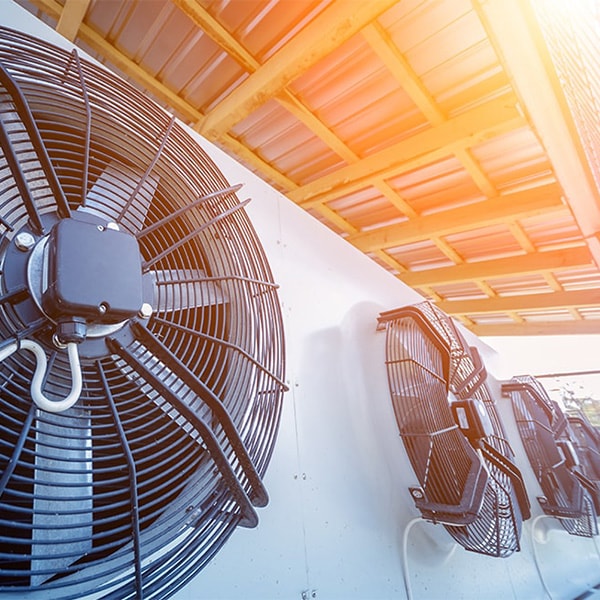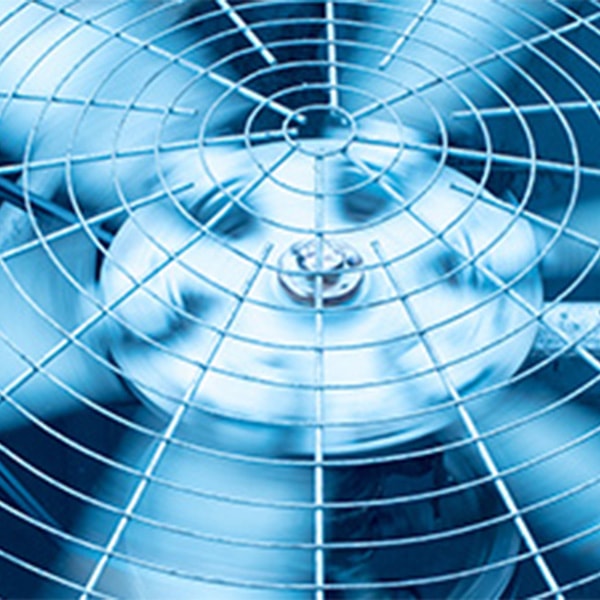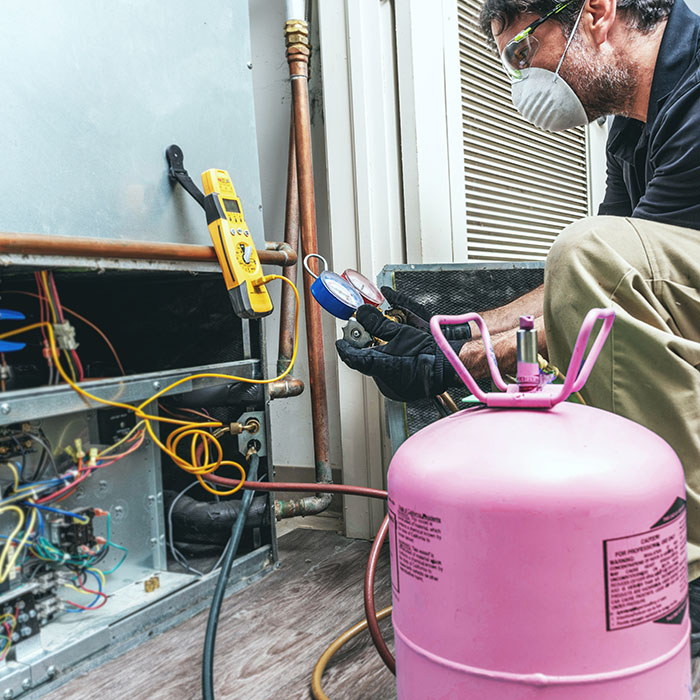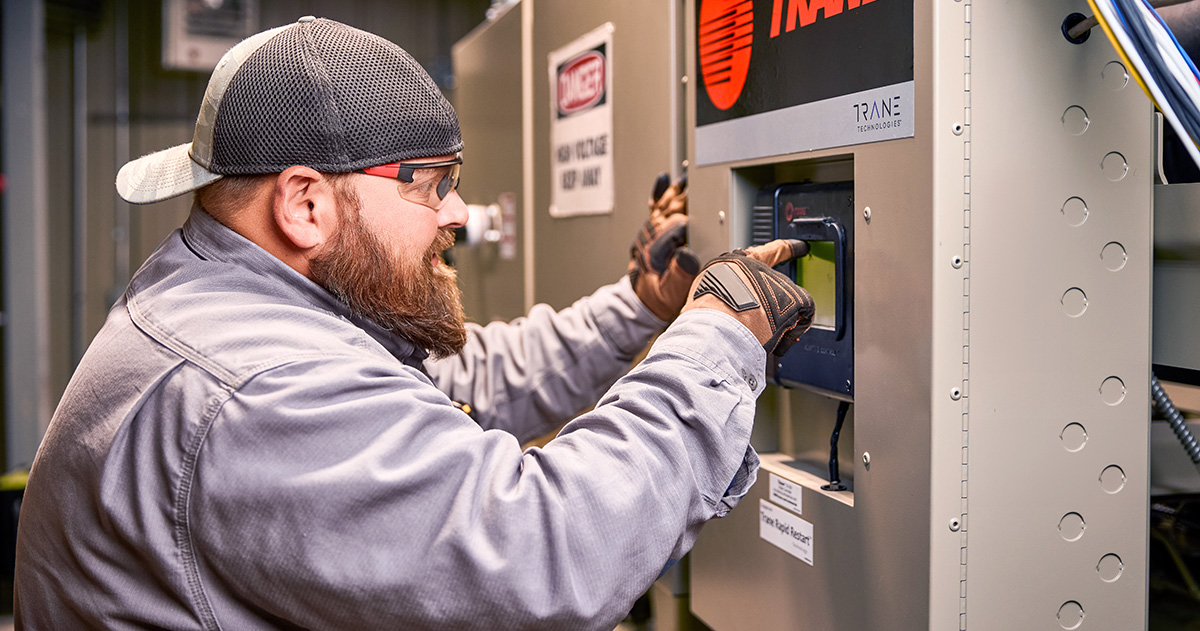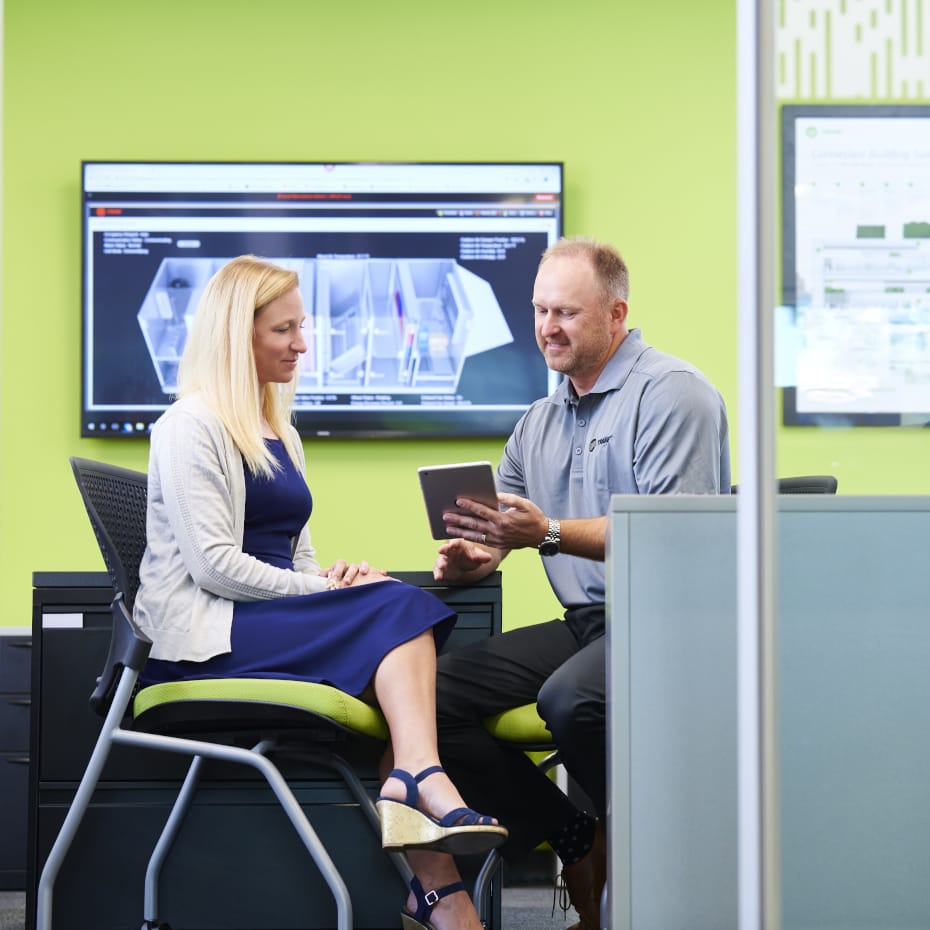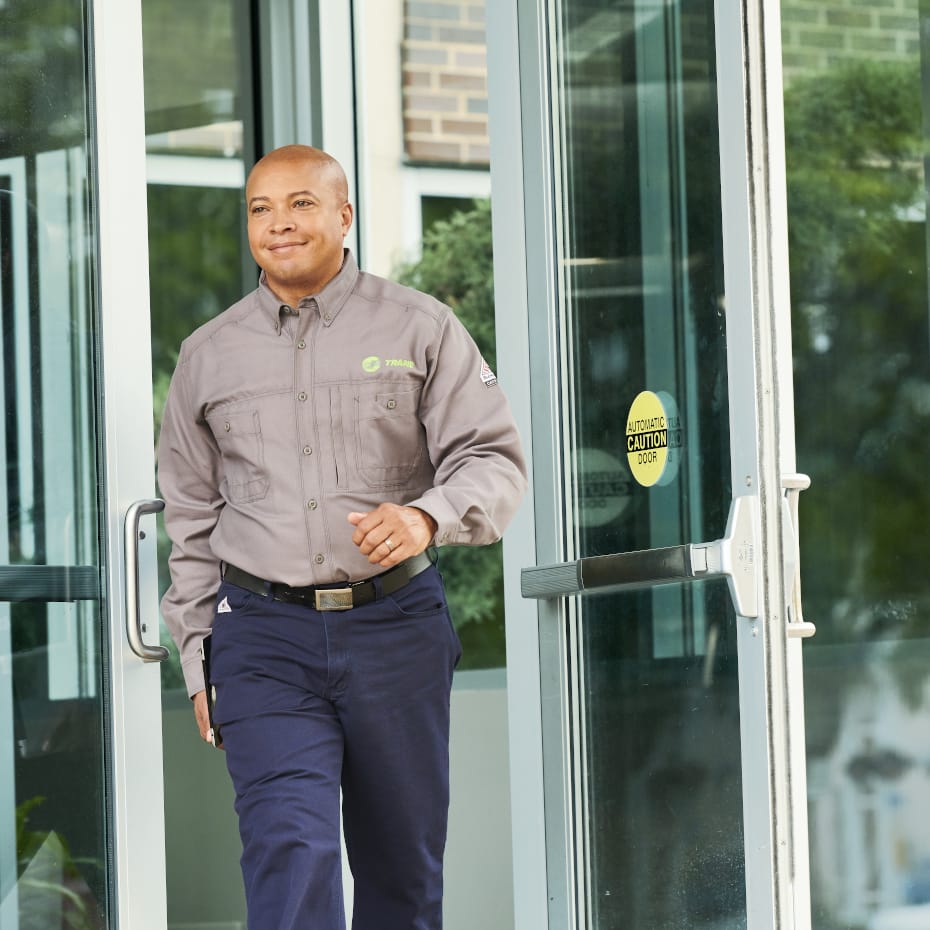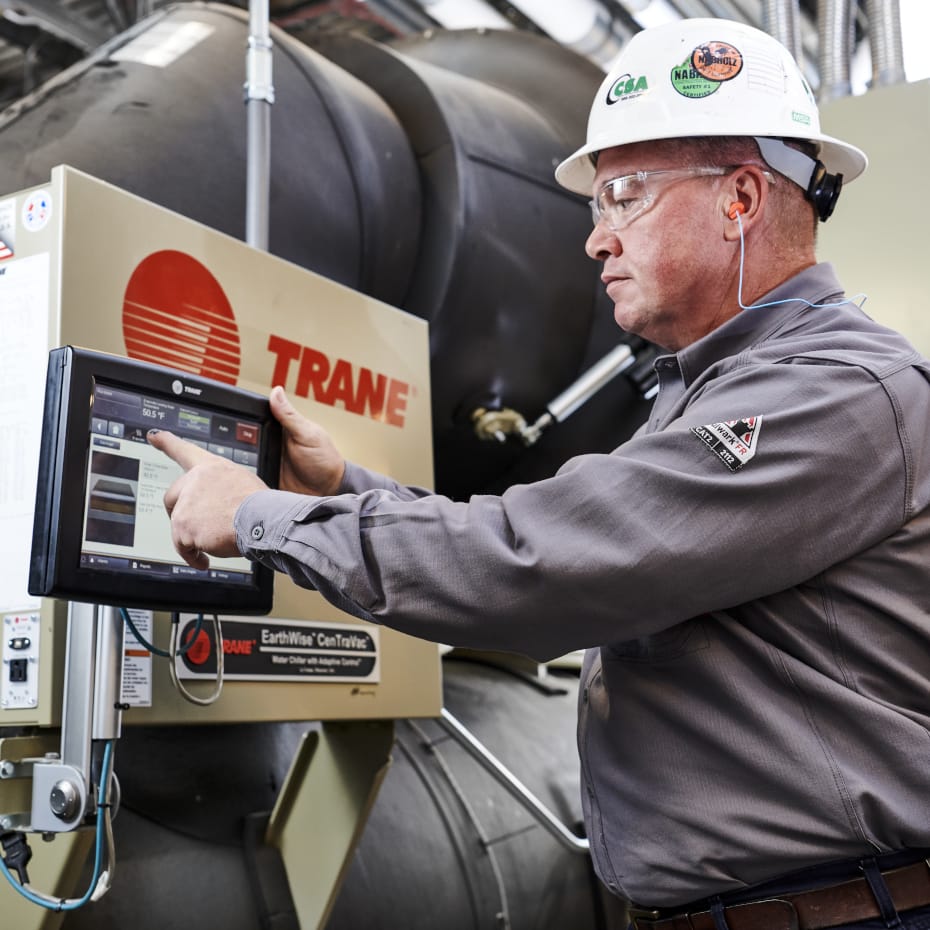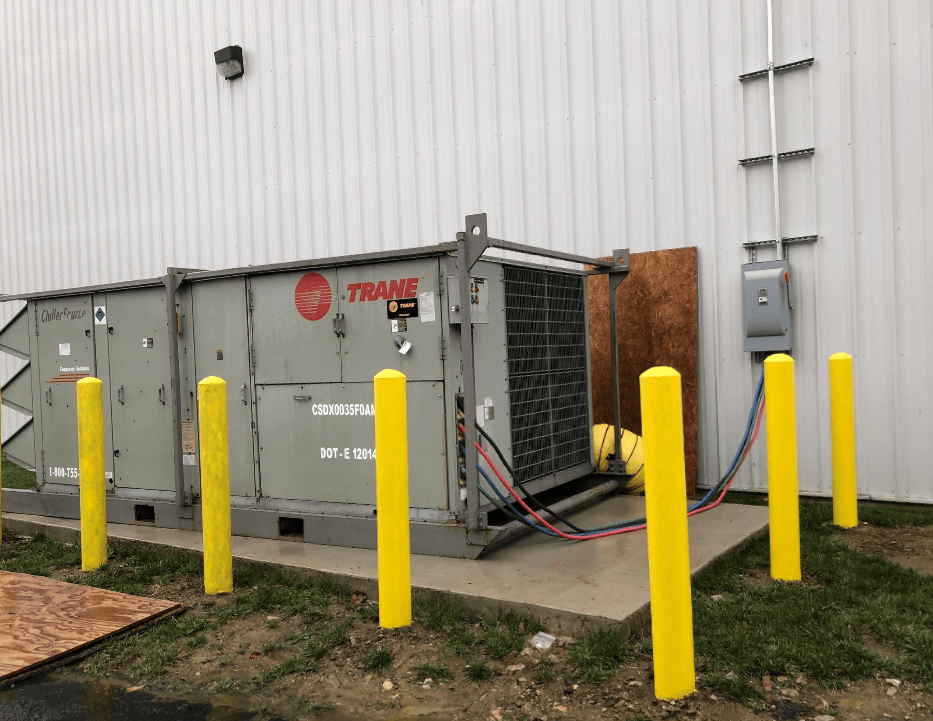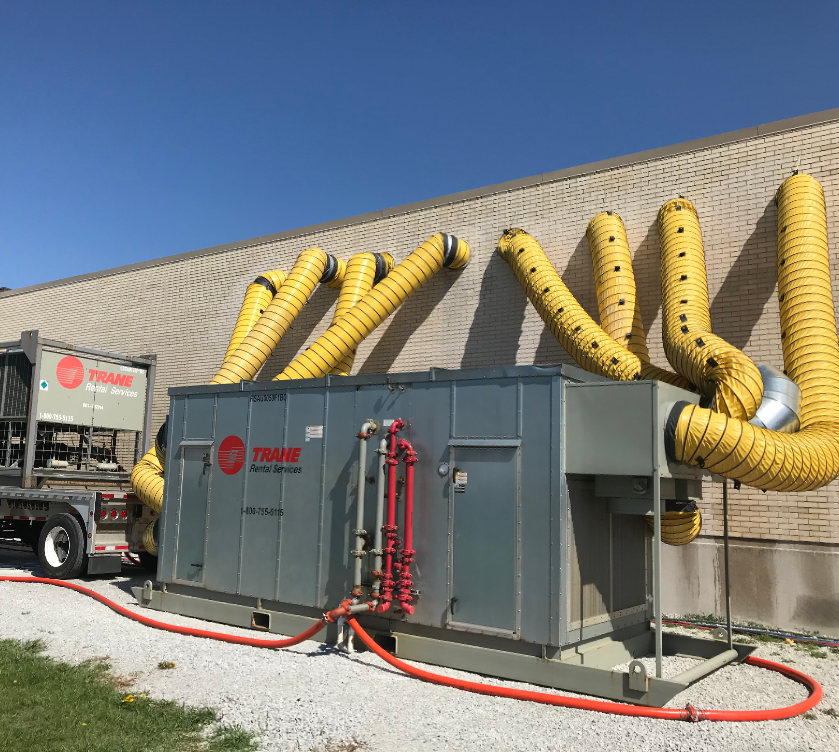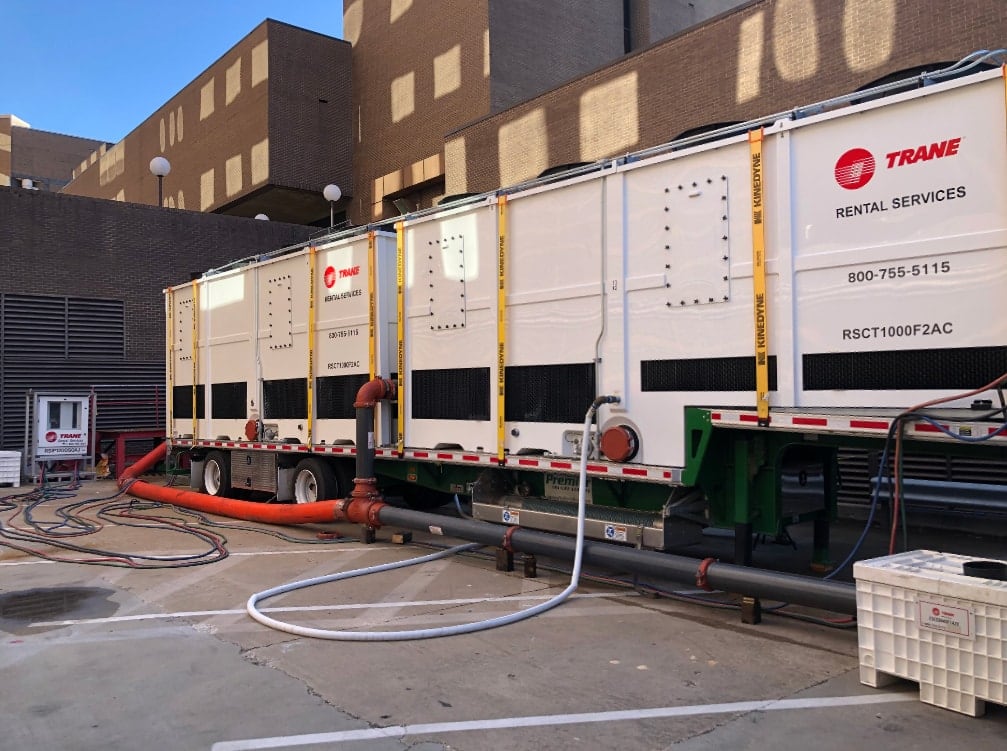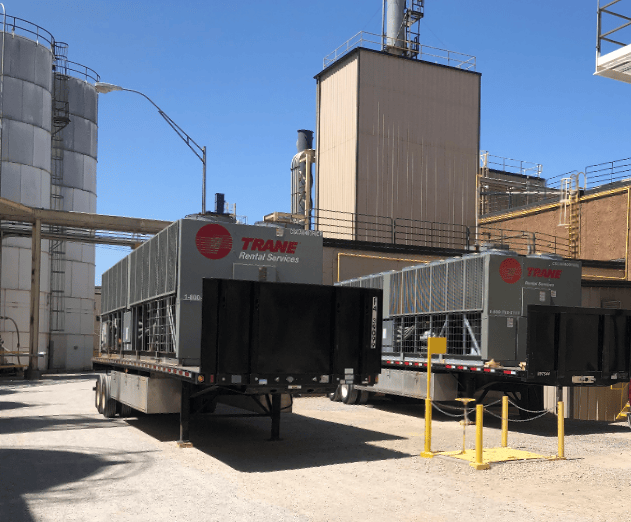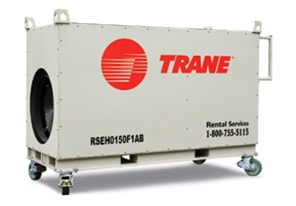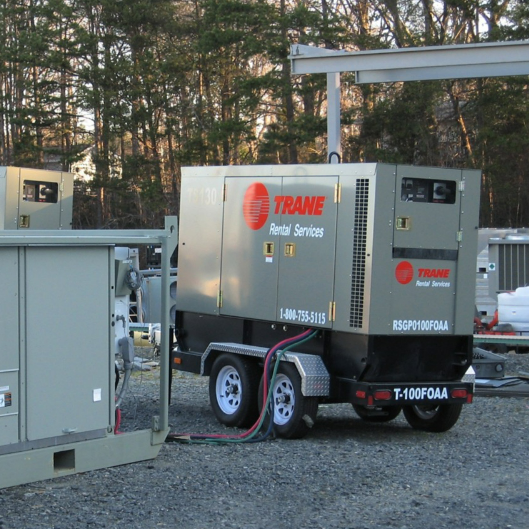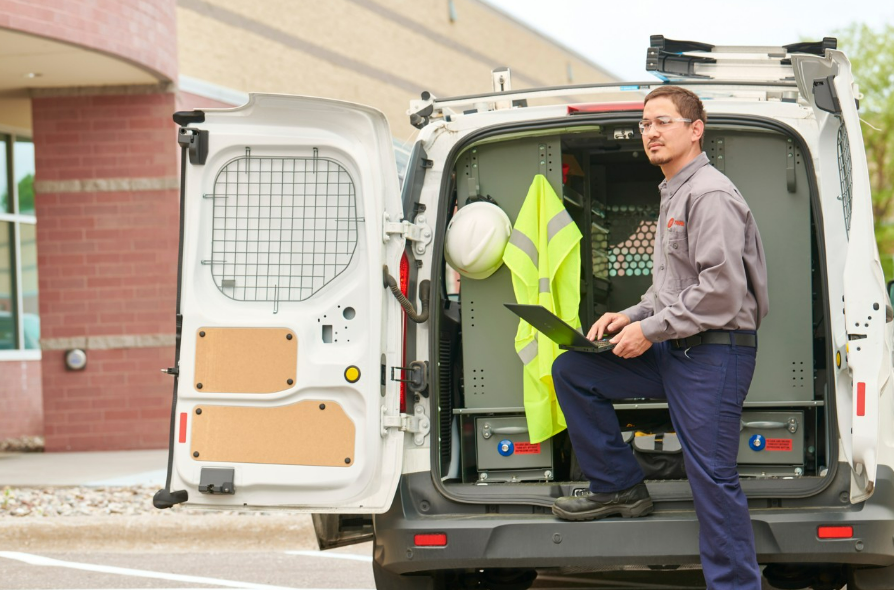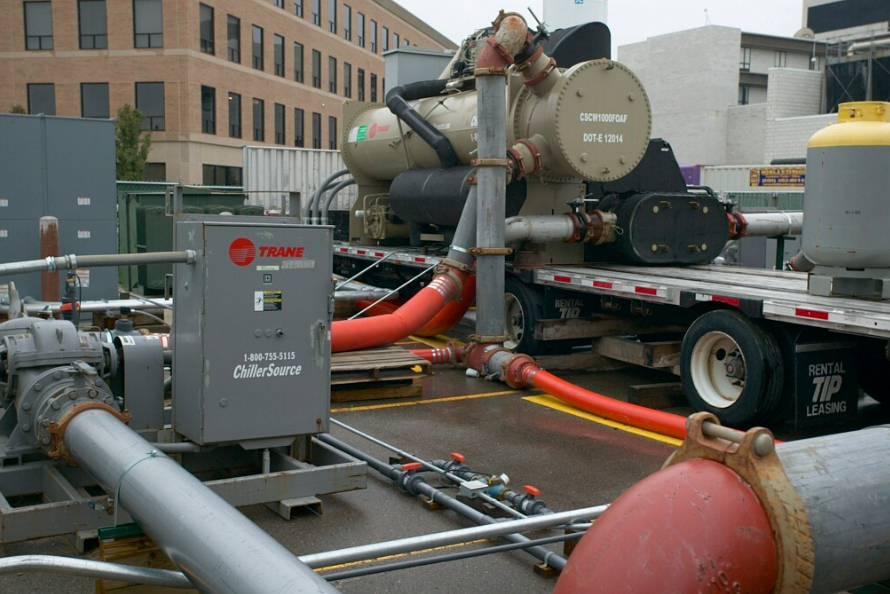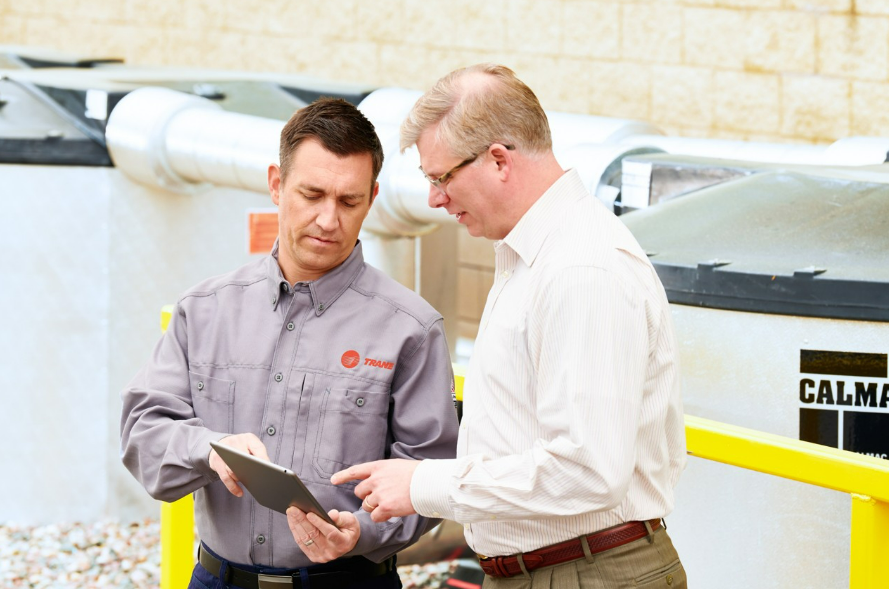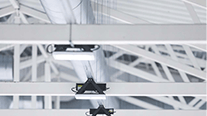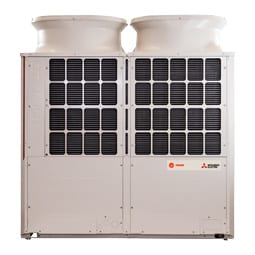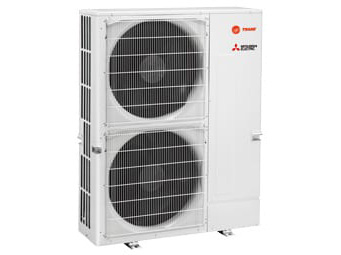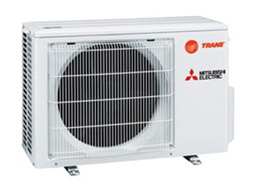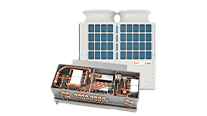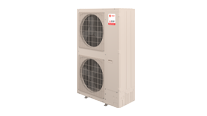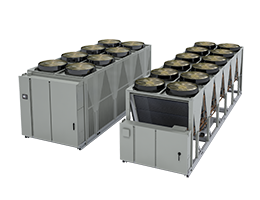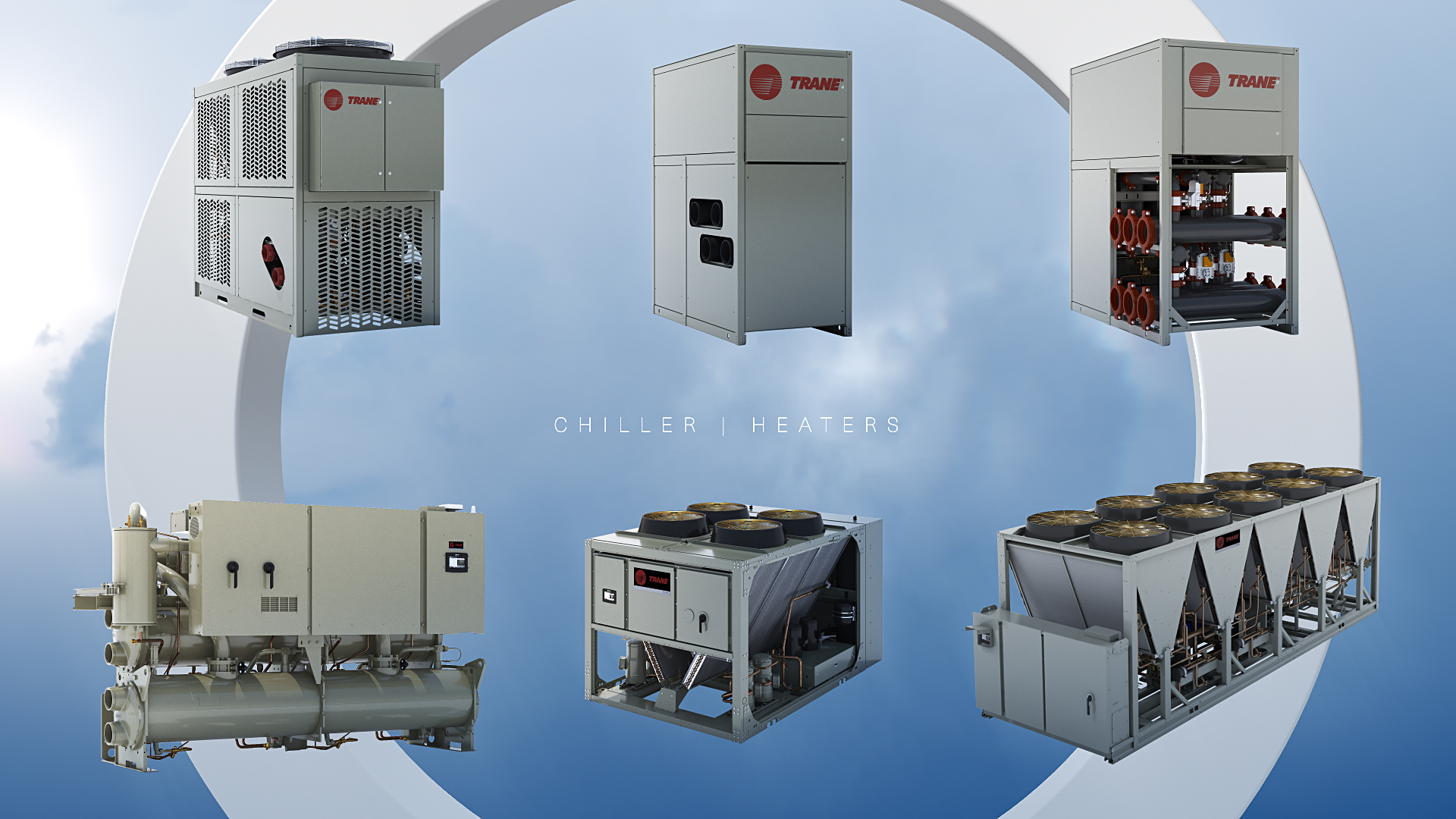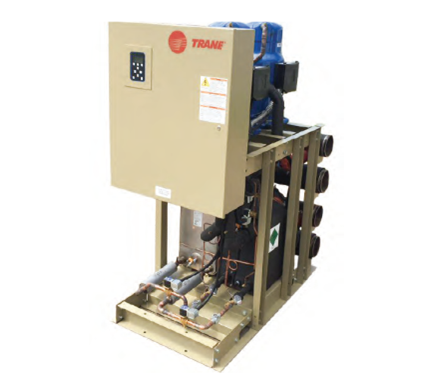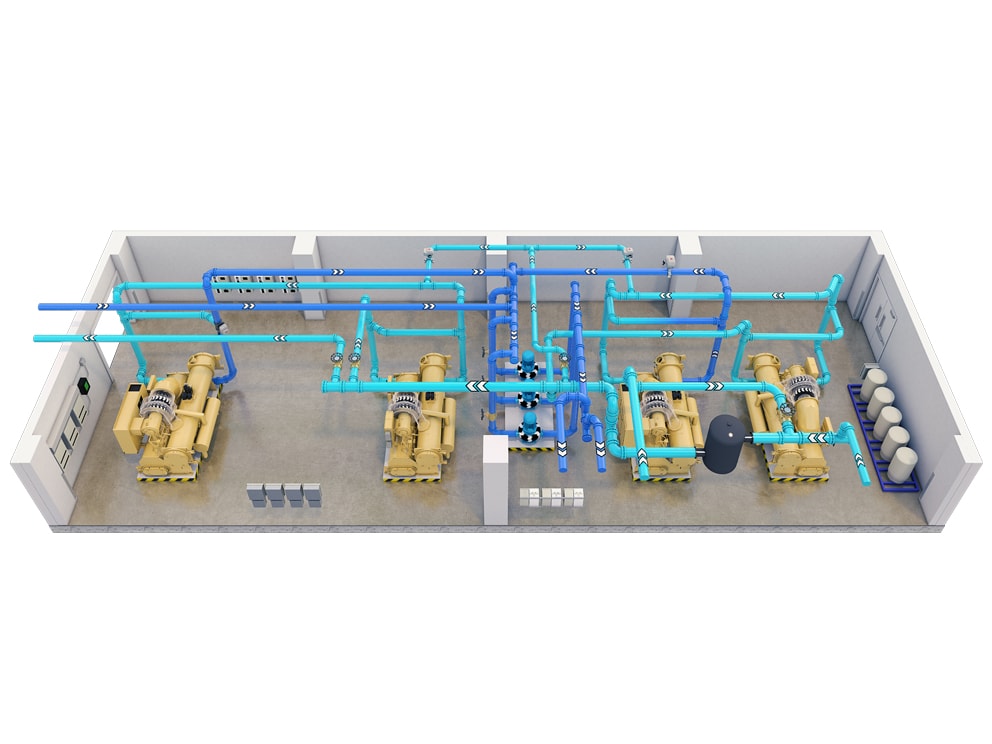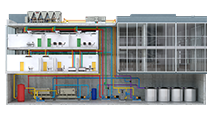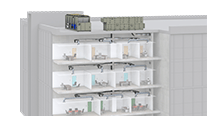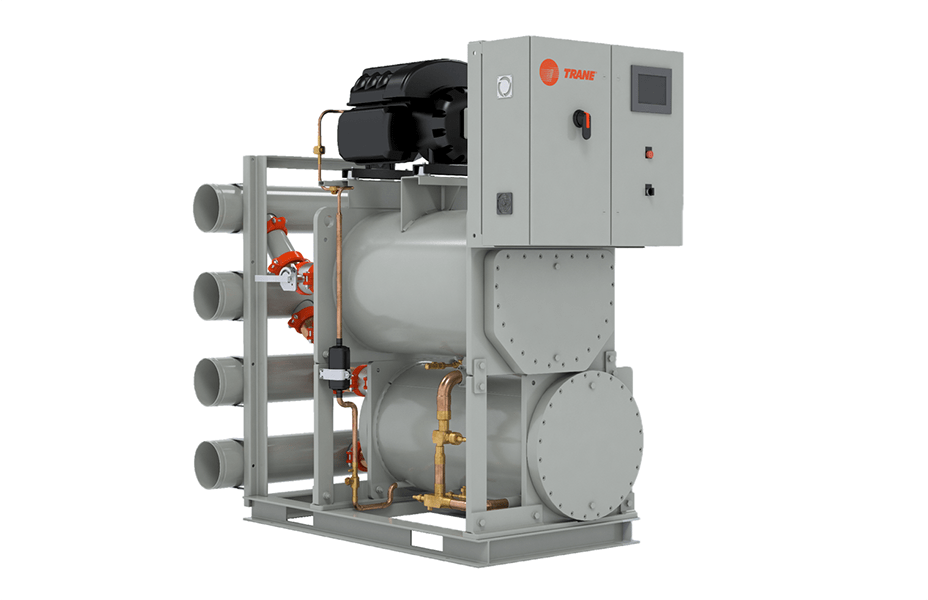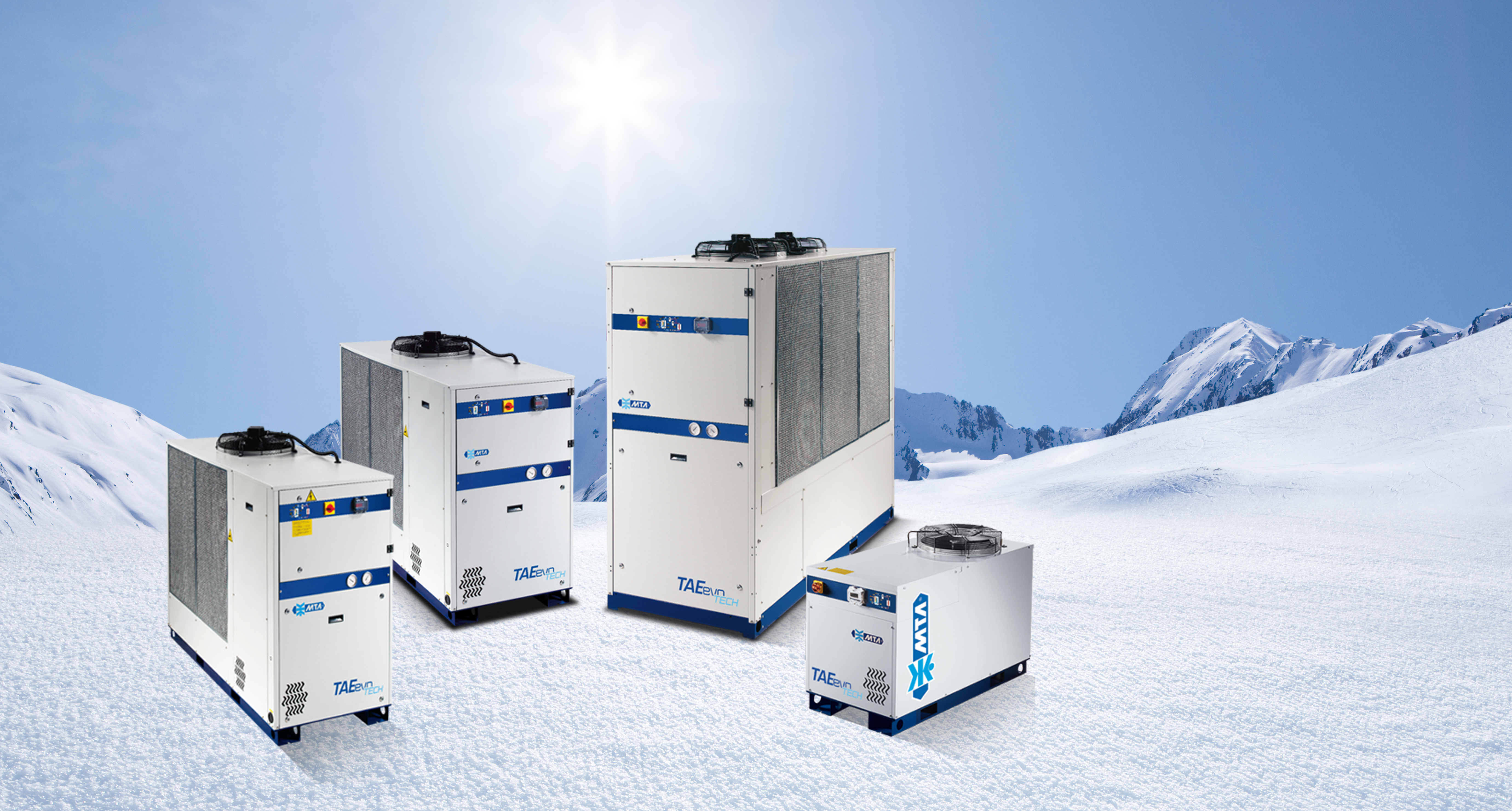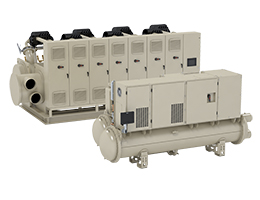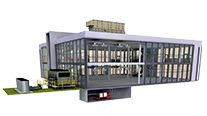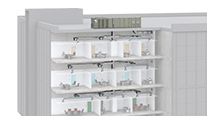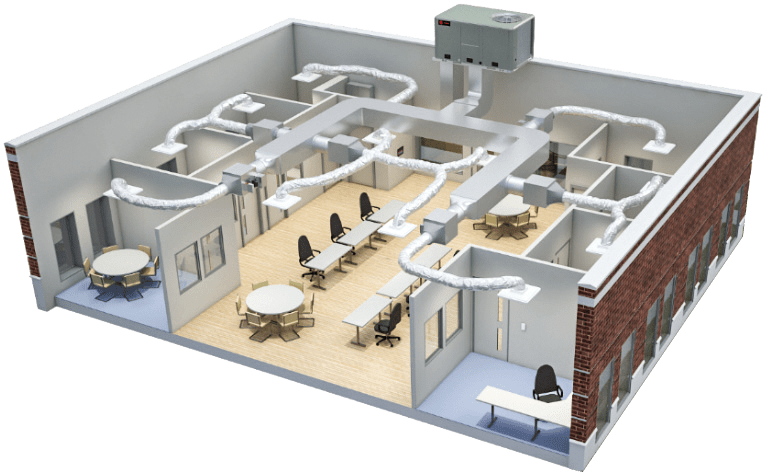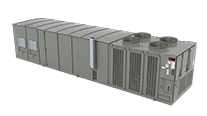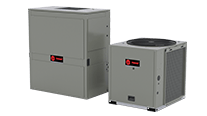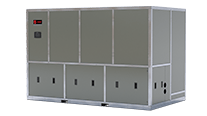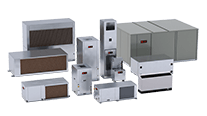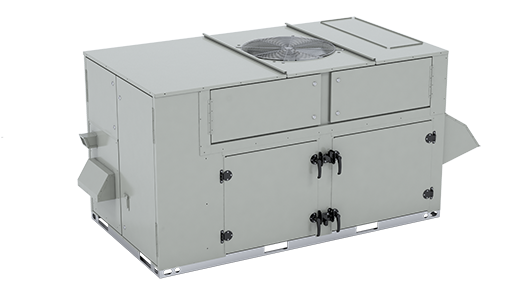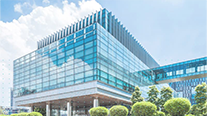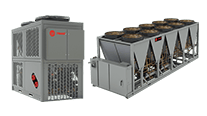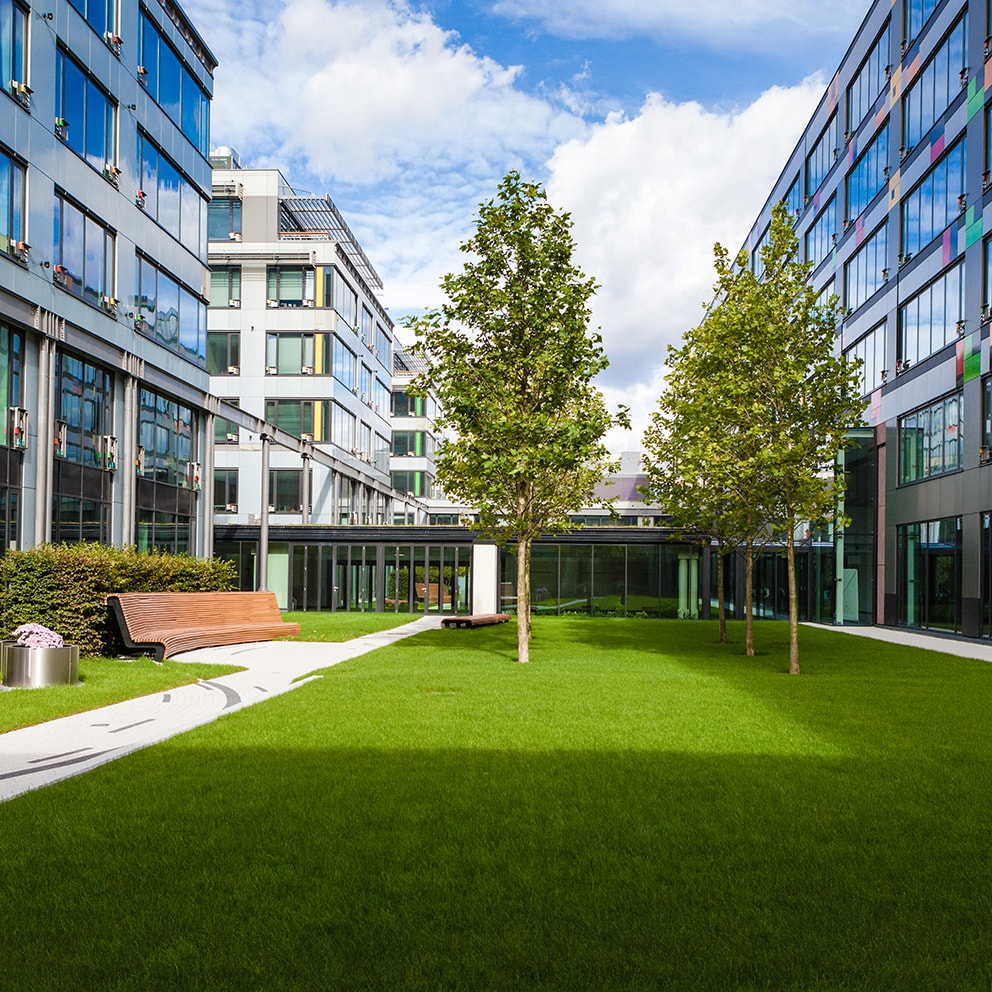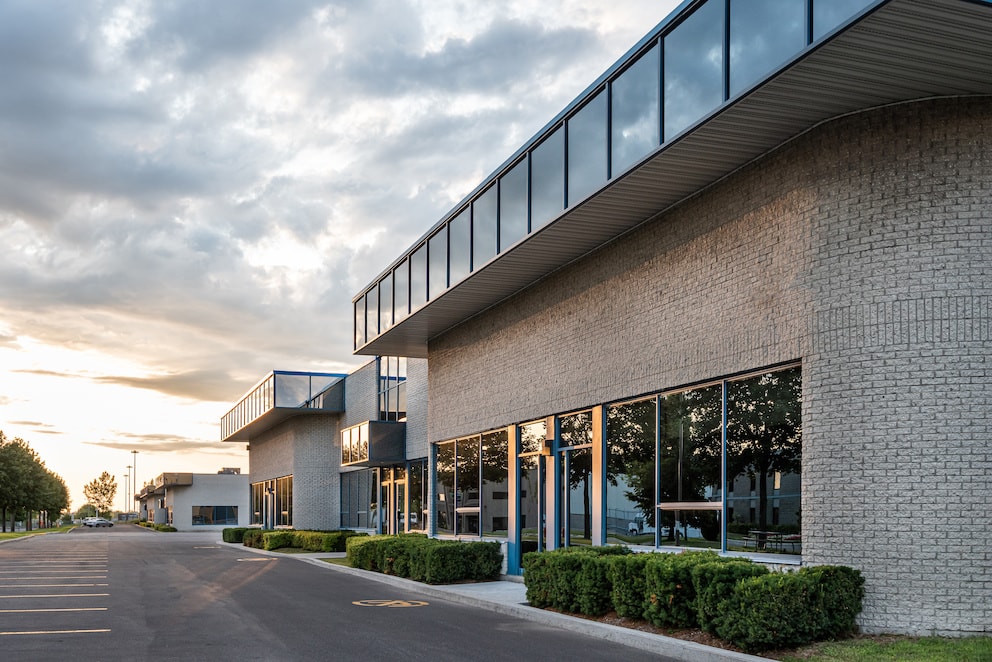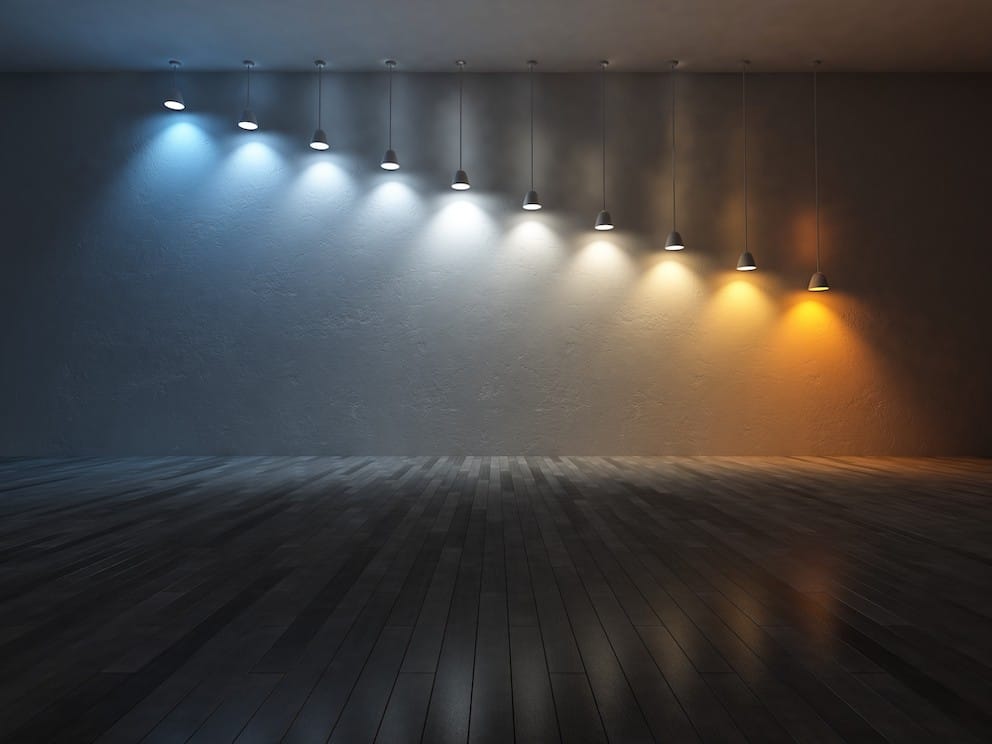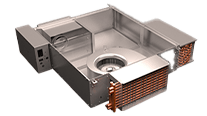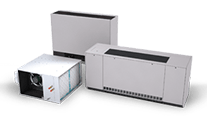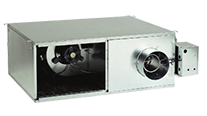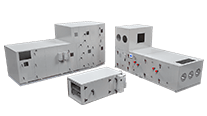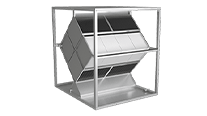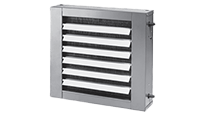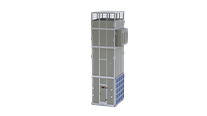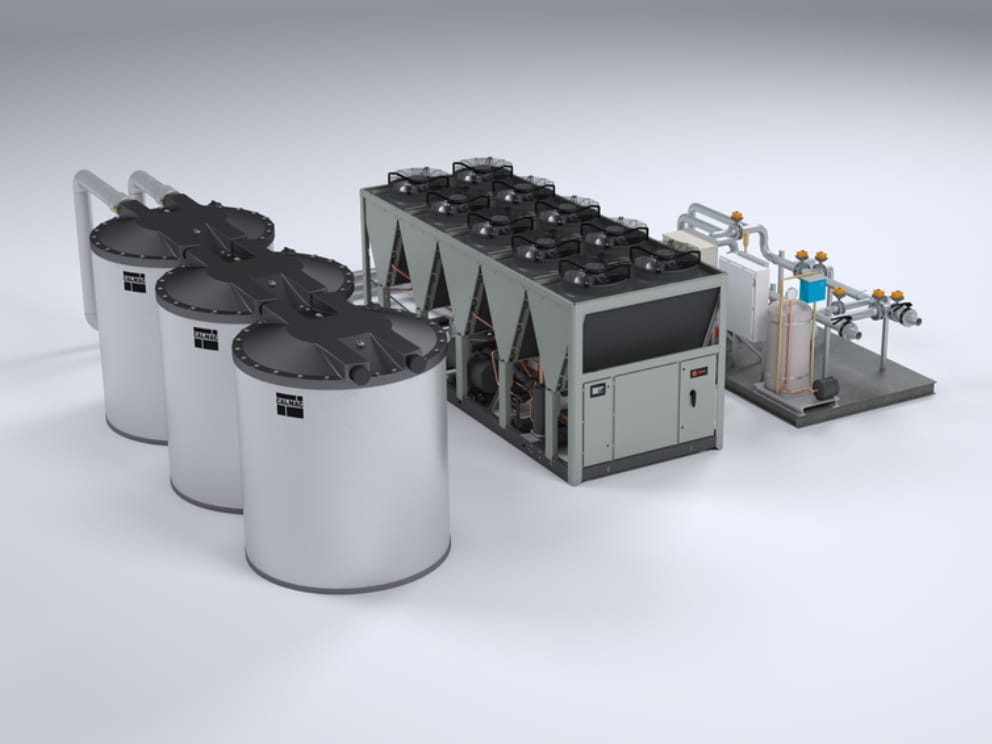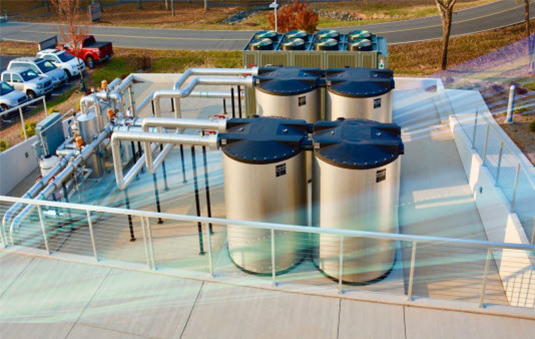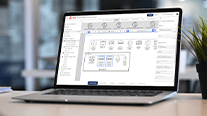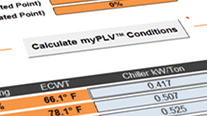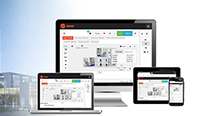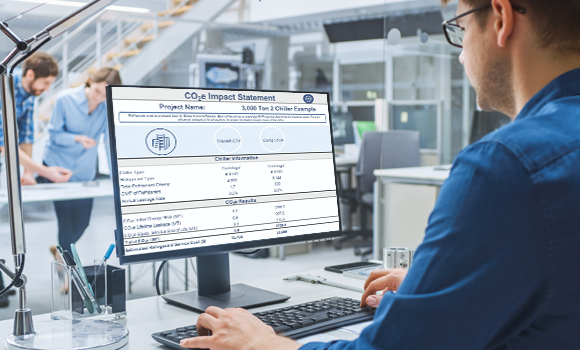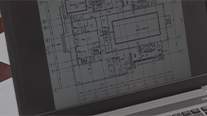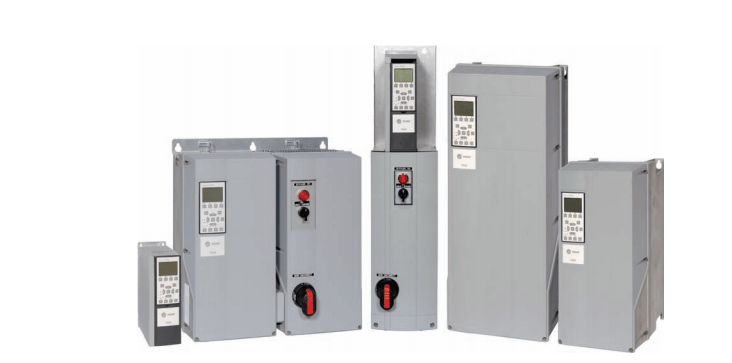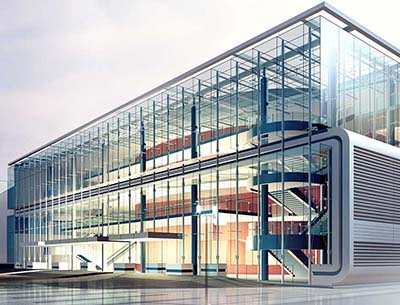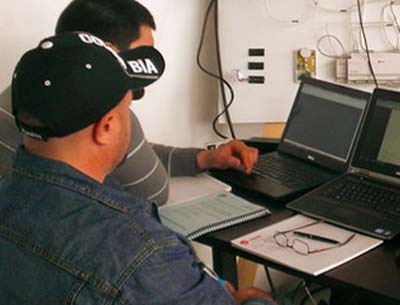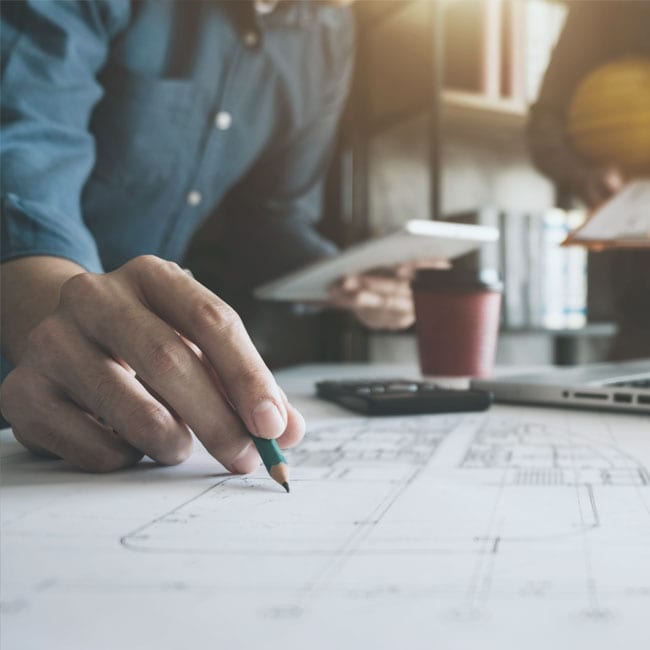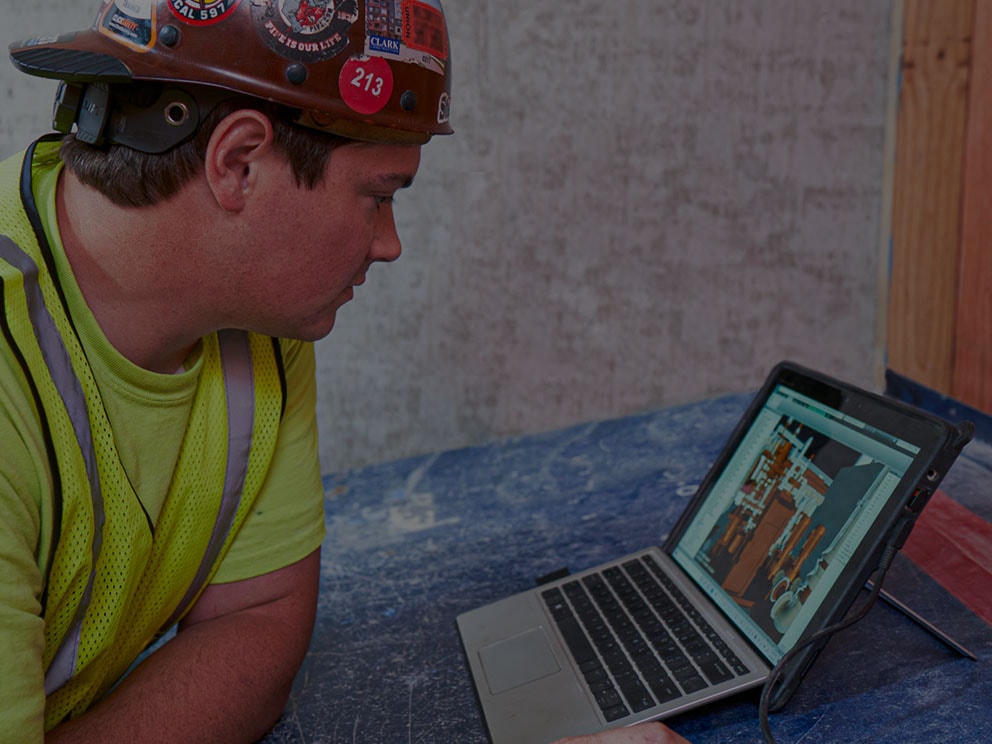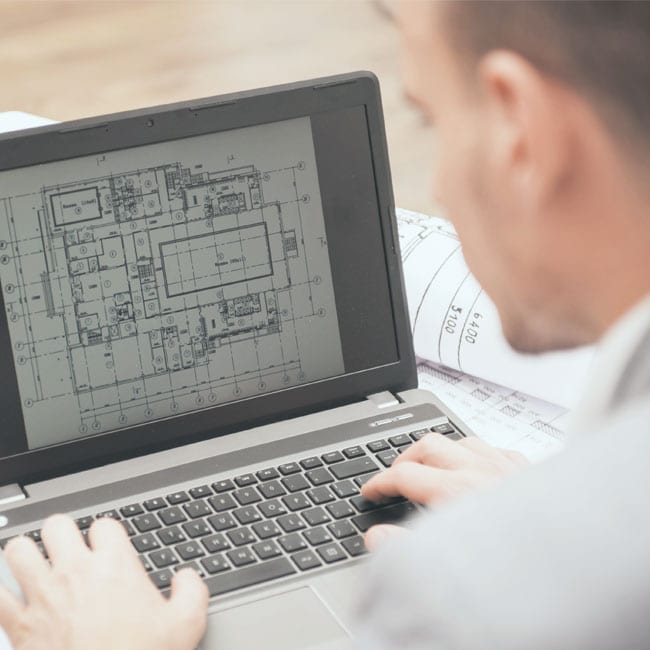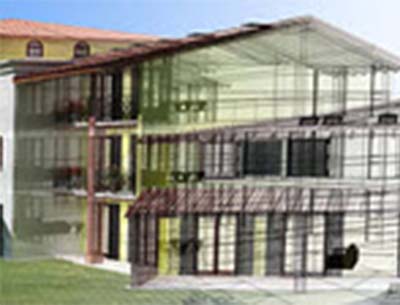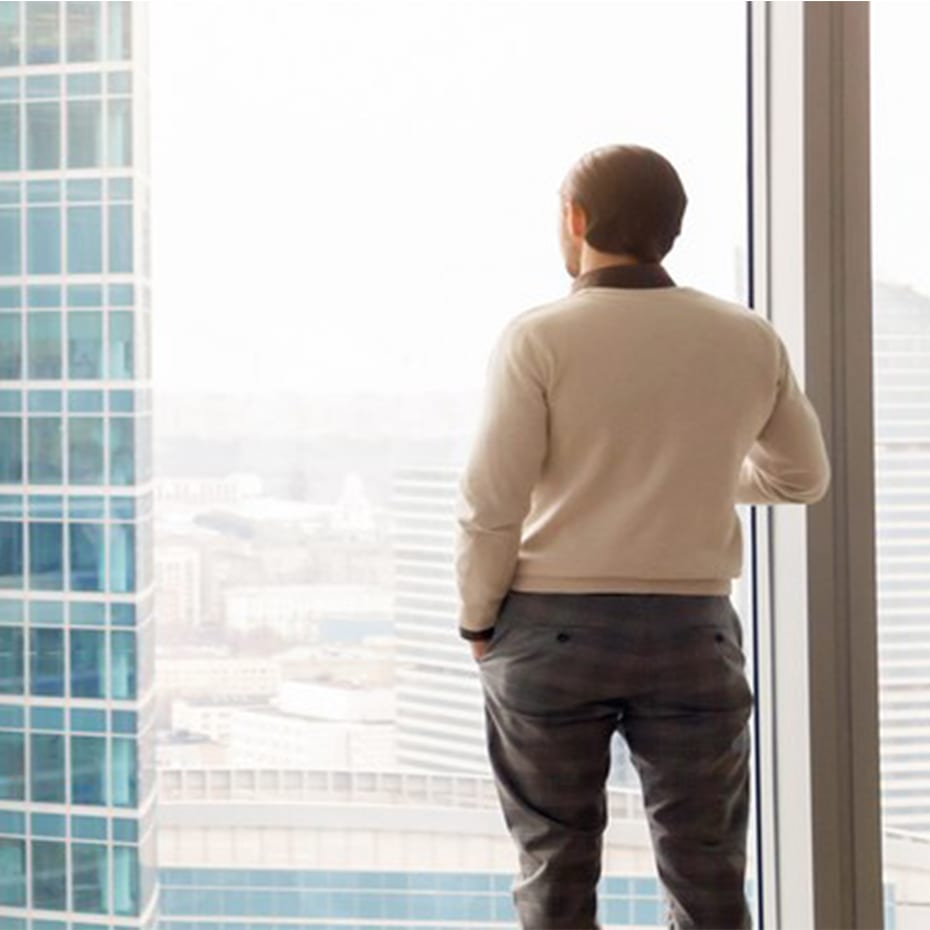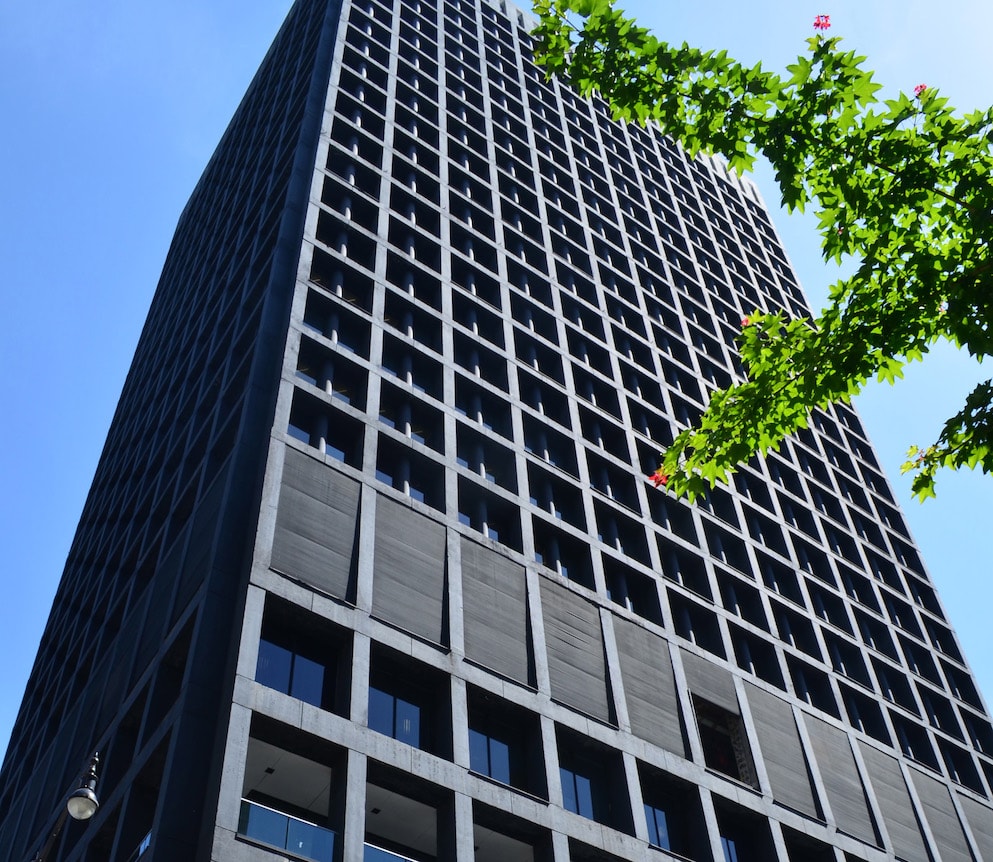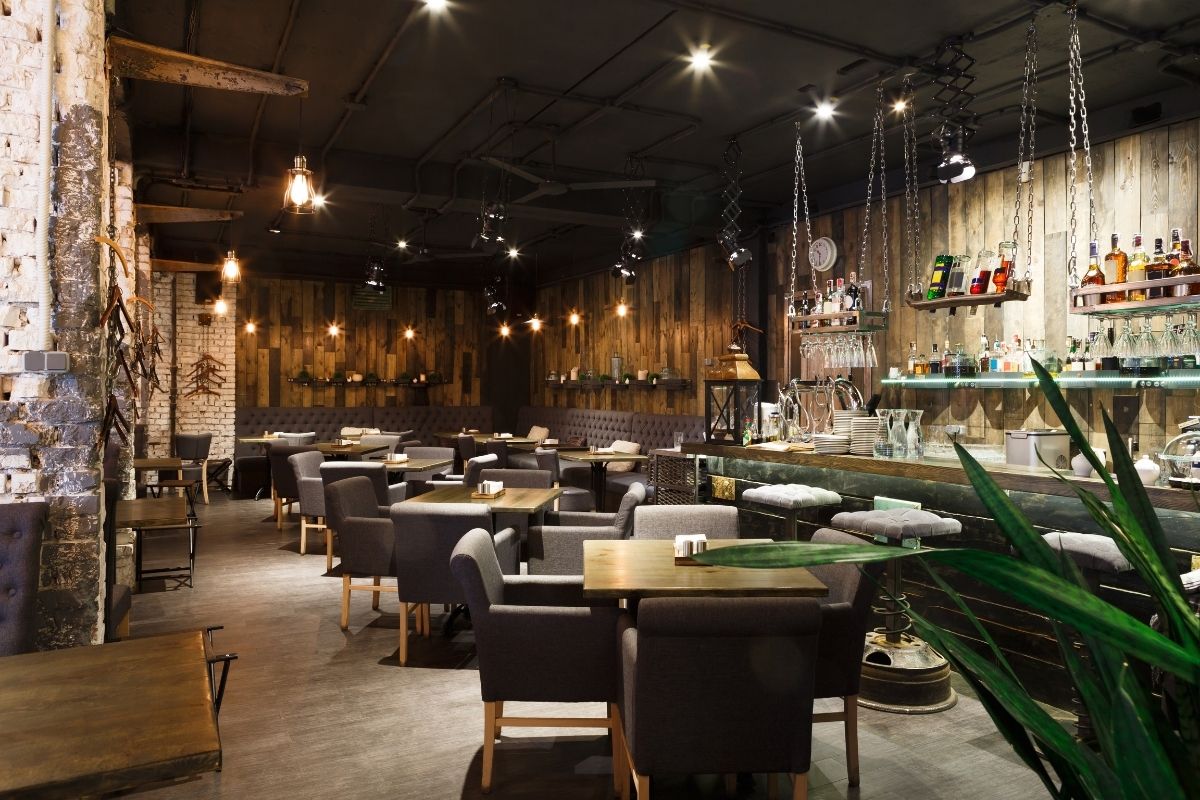Life is slowly returning to normal, as more and more people are coming together in their favorite eating places. For restaurant owners and facility managers this uptick in indoor dining is a good sign after taking a $240 billion hit from pandemic shutdowns1. For many, recovery will take years.
But that recovery is happening, which is why many building owners and facility managers are working to ensure they are creating inviting, comfortable dining spaces where customers can breathe easy.
Creating comfort through humidity control
Humidity is one of the most important aspects to creating comfortable dining spaces.
“If a building HVAC system isn’t recirculating the air like it should, customers will notice,” Greg DuChane, Trane Restaurant Vertical market leader and engineer said. “They’ll feel the increased humidity and temperature in the restaurant. They’ll notice sweating windows, potentially feel moisture at their dining table, even see it dripping from ceiling supply air diffusers.”
For restaurants in high humidity regions, this can become alarming as it can frequently lead to mold growth.
Automate control of humidity
With so many variables impacting humidity in restaurants and kitchens, a building automation system (BAS) can help you maintain best practice humidity levels based on The American Society of Heating, Refrigerating and Air-Conditioning Engineers (ASHRAE) recommendations.
“Today, roughly 30 percent of restaurants and retail buildings are managed using some type of remote capability,” said DuChane. “By switching from more manual ‘in-person and on-site' traditional thermostat, facility managers are saving up to 15 percent or more in operating costs by avoiding service truck rolls and utility costs by simply remotely managing temperature setpoints and occupancy schedules.”
While the cost of a fully-featured building automation solution may be outside most budgets, there are lower cost building automation solutions. For instance, Trane offers PIVOT®, an easily installed, cost-effective building automation solution.
Take care of it today
As customers become more educated on the indoor air spaces they visit, delaying maintenance and service could cost a restaurant a repeat visit.
If you aren’t sure whether your building humidity levels are correct – let us help. Our experts understand the unique applications for restaurants and kitchens and can help you achieve your IAQ goals using the most cost-effective solutions. If you’re reopening, take the time to review our Best Practice for Humidity Control guide, published by the Restaurant Facility Management Association. This guide, written by our industry expert, is tailored specifically for restaurants and kitchens.
To learn more about Trane solutions for IAQ management and monitoring, please contact us today or call your local Trane Sales Office.
1 National Restaurant Association Releases 2021 State of the Restaurant Industry Report, updated 26 Jan. 2021, National Restaurant Association
2 DuChane, Greg, RFMA 2017 Best Practices, “HVAC-Humidity Control,” 2017: 12–18. www.rfmaonline.com
This is for informational purposes only and does not constitute professional advice. Trane Technologies believes the facts and suggestions presented here to be accurate. However, final design and application decisions are your responsibility. Trane Technologies disclaims any responsibility for actions taken on the material presented.


